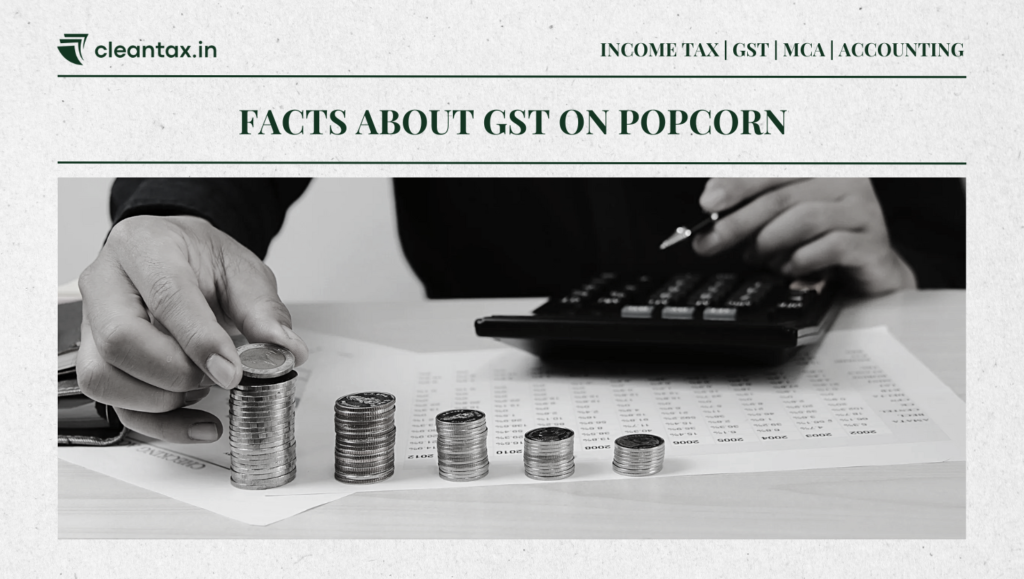Popcorn, a quintessential movie-time companion, has recently sparked debates and discussions not just for its flavors but also its tax implications.
The GST (Goods and Services Tax) Council's clarifications on the taxation of different types of popcorn have brought this humble snack into the spotlight. Let’s dive into the details of how much GST you’ll be paying for your popcorn indulgence.
Introduction to GST on Popcorn
In its 55th meeting, the GST Council, led by Finance Minister Nirmala Sitharaman, addressed a query from Uttar Pradesh regarding the classification and tax rate on seasoned popcorn. The council’s clarification aimed to resolve discrepancies and disputes around popcorn’s tax treatment, which vary depending on how it’s sold and prepared. This move has brought clarity to businesses and consumers alike, especially in the movie theatre and retail sectors.
The Rates of GST on Popcorn: Breaking Down the Details
The GST Council has categorized popcorn into different segments based on its form and method of sale. Here’s a breakdown:
1. Loose Popcorn in Movie Theatres
Popcorn sold loose in cinemas is taxed at a 5% GST rate. This classification aligns with the tax rate applicable to restaurant services. Whether you’re grabbing a bucket of plain or salted popcorn during intermission, this rate remains constant.
2. Bundled Popcorn with Movie Tickets
When popcorn is sold as part of a combo with a movie ticket, it’s treated as a composite supply. In such cases, the applicable GST rate is determined by the principal item, which is the movie ticket. For instance:
- A high-priced movie ticket could result in a higher GST on the bundled popcorn.
- Conversely, a lower-priced ticket may lead to a reduced GST burden on the combo.
3. Seasoned Popcorn as Namkeen
Popcorn seasoned with salt, spices, or other savory flavors is classified as “namkeen” under GST rules. This form of ready-to-eat popcorn attracts a 5% GST rate. The council’s clarification has ensured uniformity in this category, addressing disputes over its classification.
4. Pre-Packaged and Labeled Popcorn
For popcorn sold in pre-packaged and labeled formats, the GST rate increases to 12%. This classification includes retail popcorn products found in grocery stores and supermarkets. The higher tax rate accounts for the added packaging and branding efforts.
5. Caramelized Popcorn
Caramelized popcorn, which includes added sugar or flavorings, is treated differently. It falls under the category of sugar confectionery and is subject to an 18% GST rate. The council’s reasoning is that the added sugar changes its essential character, warranting a higher tax bracket.
Why These GST on Popcorn Rates Matter
The rates of GST on popcorn directly impact:
- Consumers: Moviegoers may find their favorite snack more expensive depending on its form and bundling.
- Businesses: Movie theatres, popcorn manufacturers, and retailers need to adjust their pricing strategies to align with the new tax clarifications.
- State Revenues: Uniform taxation ensures equitable revenue distribution among states.
The Harmonized System (HS) Classification
The classification of popcorn under GST rules is guided by the Harmonized System (HS) framework. Developed by the World Customs Organization (WCO), this system is an internationally accepted nomenclature for goods. Popcorn’s classification under the HS framework determines its applicable tax rate:
- Salted or seasoned popcorn: Classified as namkeen.
- Caramelized popcorn: Classified under HS code 1704 90 90 for sugar confectionery.
Public Reactions and Social Media Buzz
The GST Council’s announcement has not only clarified tax rates but also sparked conversations online. Social media platforms have been flooded with memes and debates, with users humorously lamenting the “taxing” experience of enjoying a simple snack. For instance:
- “Popcorn just became the VIP of snacks with its own GST categories!”
- “First the ticket price, now the popcorn tax—movie nights are getting costlier!”
While the humor lightens the mood about the GST on Popcorn, the underlying concerns reflect genuine consumer apprehensions about rising costs.
Implications for Movie Theatres and Retailers
For Movie Theatres:
The classification impacts how theatres price their snack combos and standalone popcorn offerings. Clear guidelines allow theatres to:
- Streamline billing processes.
- Avoid legal disputes over incorrect tax classifications.
- Offer transparency to customers.
For Retailers:
Packaged popcorn manufacturers must now:
- Clearly label their products to ensure proper tax compliance.
- Factor in the higher GST rate for pre-packaged and caramelized products while setting prices.
For more information you can visit:
- Understanding GST Rates on Food Items: What’s Taxed and What’s Not? (Razorpay)
- Impact of GST on the Indian Snack Industry (AngelOne)
- Movie Theater Costs: Breaking Down Your Ticket and Snack Prices (Times of India)
Conclusion
The GST on popcorn, while seemingly a small matter, has broader implications for consumers, businesses, and state revenues. The council’s clarifications ensure consistency and transparency, helping businesses comply with regulations and offering consumers a clearer understanding of what they’re paying for. Whether you prefer your popcorn plain, salted, or caramelized, knowing the GST rates can make your movie night snacking decisions a bit more informed.
FAQs Related to GST on Popcorn
Why is caramelized popcorn taxed higher than salted popcorn?
Caramelized popcorn includes added sugar, which changes its classification to sugar confectionery. This shift justifies the higher 18% rate of GST on Popcorn.
Does GST on popcorn affect its affordability?
Yes, the rate of GST on popcorn can influence the overall cost of it. While loose popcorn remains affordable at a 5% rate, pre-packaged and caramelized options are more expensive due to higher tax rates.
How does the composite supply rule work for popcorn combos?
When popcorn is bundled with a movie ticket, the tax rate applied is that of the principal item (the ticket). This rule simplifies billing but may increase the overall GST burden.
Are there any exceptions to the GST rates?
No exceptions have been specified. The rates apply uniformly across all states, ensuring consistency in taxation.
What led to the GST Council’s clarification on popcorn?
The Uttar Pradesh government’s request to clarify the tax treatment of seasoned popcorn prompted the GST Council to issue detailed guidelines, resolving disputes and ensuring uniformity.


